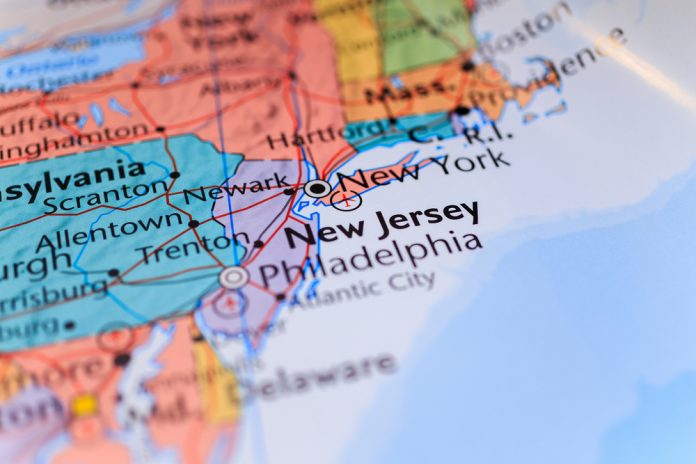New Jersey’s Lottery revenues are down by more than 12% year-on-year according to financial results posted by the Department of Treasury, sparking concerns that state worker pensions could be impacted.
The lottery serves as a dedicated source of funding for the pension system within the state, and as a result of the revenue decrease, New Jersey’s already underfunded public-worker pension fund is set to suffer yet again with investment returns plummeting further during the COVID-19 crisis.
In addition to this, the way that Lottery funds have been used in recent years as part of a broader plan to shore up state pension contributions has exacerbated the problem, with the plan having only proven to have functioned when the economy was booming.
Given the current climate however, Lottery revenue shortfalls are only putting more pressure back on the state budget, which in itself is also being strained by the ongoing health crisis.
New Jersey began dedicating revenues from the state Lottery to the pension system in 2017 under a reform that was enacted by then-Gov. Chris Christie which carved out monthly revenues from the Lottery as an automatic and dedicated source of state funding for the pension system.
The setup, which was set up as the Lottery system was adding new games that helped drive growth, assumed at least $1bn in annual revenue could go directly into the pension funds from the Lottery.
However, in the current climate, the lottery is now facing a test in the form of an economic slowdown resulting from the COVID-19 pandemic, with treasury officials acknowledging reduced foot traffic as a direct consequence and admitting uncertainty regarding the return to normal economic activity.
Treasury spokeswoman Jennifer Sciortino, stated: “For the first two weeks of March, average daily sales were over $10m per day, but for the last two weeks of March, average daily sales were closer to $7m per day.
“Based on reduced foot traffic to retailers and tighter activity restrictions, a greater drop in sales is possible. If the lottery contribution is less than anticipated, it may increase the unfunded actuarial accrued liability (UAAL) in subsequent years, unless the state makes up the difference.”
As reported by online New Jersey news site TAPinto.net, a plan to contribute roughly $300m to the pension system by the end of June has already been scrapped due to complications arising from the ongoing global coronavirus outbreak, with the treasury also freezing roughly $1bn in additional fiscal 2020 spending.




























